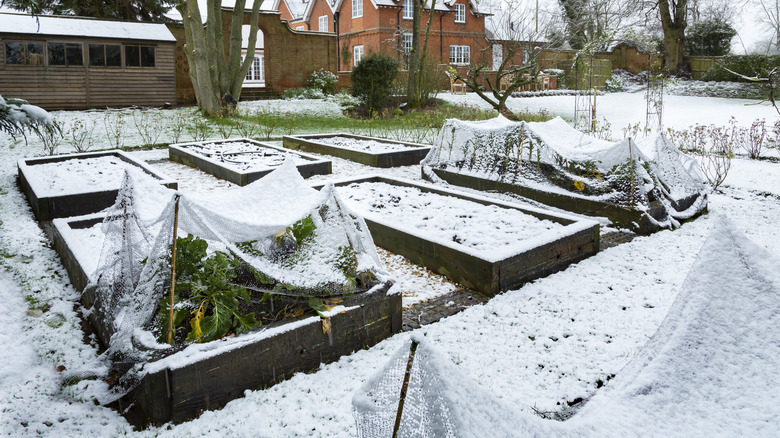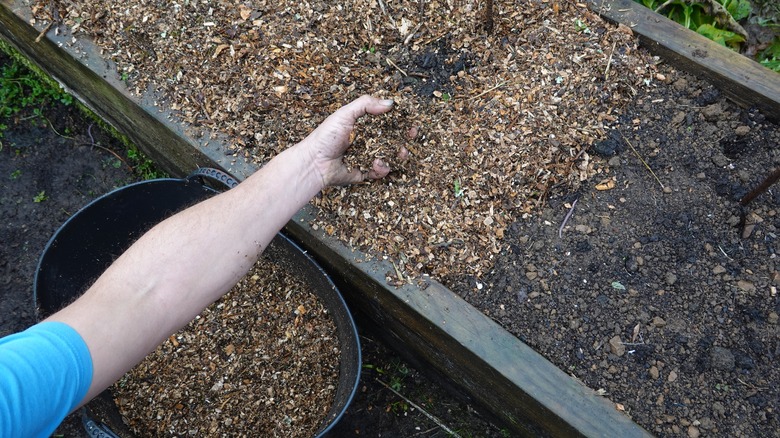Why You Should Be Using Cedar Wood For Your Raised Garden Beds
Raised garden beds are popular among gardeners for good reasons. These structures offer better soil drainage and improved soil quality control and make planting and garden maintenance a breeze. Plus, raised plant beds' higher height means less bending or kneeling, making gardening easier and more comfortable for everyone, no matter their age or physical ability.
Whether you're a seasoned gardener or just starting a raised bed garden, you know how important it is to choose the best material for your plant beds. Your choice of material can make a big difference in how well your beds hold up over time. If you're environmentally conscious, you'd want to make a sustainable choice, too. While you could go with plastic, metal, or other types of wood, cedar wood is the best option. Not only does it look great, but cedar wood also offers a unique blend of benefits for novice and experienced gardeners alike, including natural pest-repellent properties, a long lifespan, and healthier, chemical-free garden beds. Below, you'll learn more about why these qualities make cedar wood the best choice for raised garden beds.
Cedar wood's durability and natural oils
As mentioned, the main reasons gardeners love cedar wood is because it's durable and lasts a long time. Thanks to cedar's low density and how little it shrinks, it's incredibly stable—twice as much as your average softwood. So, it can handle the weight of soil and plants without bending or breaking, making it a reliable and sturdy choice for your garden beds.
Cedar wood also naturally resists rot and decay — perfect for outdoor use. Unlike other types of wood that need chemical treatments to survive the elements, cedar's natural oils protect it from moisture and fungus. This means raised garden beds made from untreated cedar can last for years without showing much wear and tear, even in bad weather. Cedar wood's natural oils are great at resisting insects, too. According to Entomologist and Chemist Fred Eller at the Agricultural Research Service, cedar wood oil was found effective in repelling and killing various insects, including termites and other economic pests that usually destroy wood.
Environmental benefits of cedar wood
Cedar wood is a renewable resource and, therefore, an eco-friendly choice. Responsible sourcing means using cedar wood from sustainably managed forests with trees being replanted to keep the ecosystem healthy. By choosing it, you support forestry practices that promote biodiversity and environmental health. Cedar wood is also biodegradable, so it will break down naturally after the end of its life cycle. You can even break down your old cedar raised garden beds into wood chips or shreds to use as mulch. This is a stark contrast to plant beds made from materials like plastic. Plastic never fully decomposes and often leaves behind harmful residues.
Additionally, since termites and other wood-destroying pests don't like the scent of cedar oils, you won't need as many chemical pesticides that release harmful chemicals into the soil and environment. This makes cedar wood a great option if you're going to start an organic garden or want to keep yours as eco-friendly as possible.


